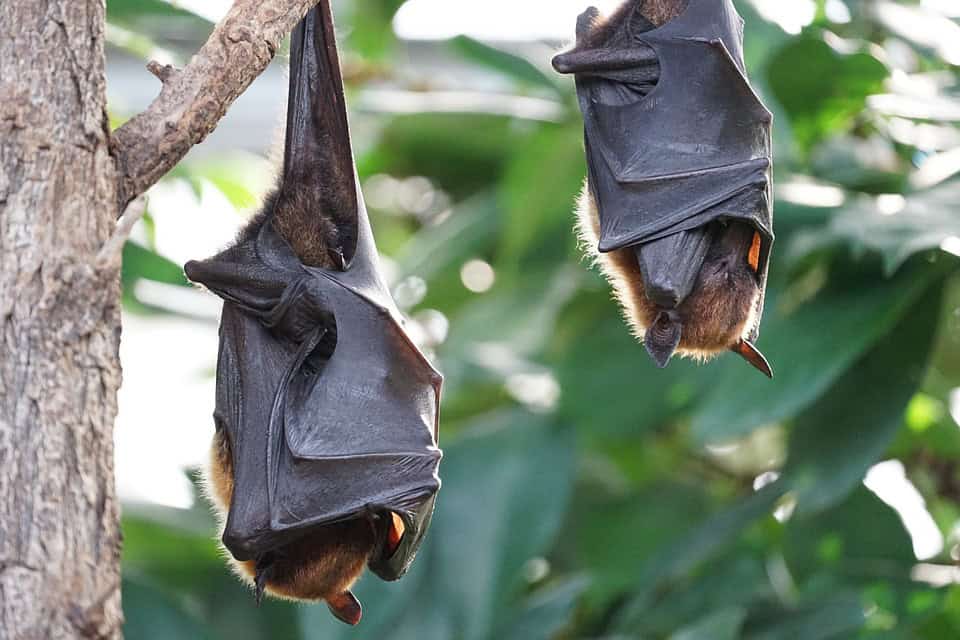A bat found in a private home in the Elm Ridge Park neighborhood May 9 tested positive for rabies, according to Hopewell Township.
The bat was submitted for testing at the New Jersey Public Health and Environmental Laboratory on May 10 and the positive test results were provided to the Hopewell Township Health Department on May 12.
Rabies is a fatal viral disease that can be prevented by avoiding contact with animals that may be rabid. Rabies is spread from animals to humans, mainly through bites, but also when an animal’s saliva contacts a person’s mouth, eyes or an open sore. If a person has significant exposure, getting vaccinated right away can prevent disease. People who did not touch the bat are not at risk of developing rabies, according to the township.
Although most bats pose no risk of rabies, a bat that behaves unusually, such as lying on the ground or being active during the daytime, is concerning and people should not attempt to handle it but instead contact Hopewell Township Animal Control right away.
It is important to note that an infected bat might also behave normally. Anyone who is bitten or has bare skin contact with a bat should report the episode to their local health department.
For more information about bats and the risk of rabies please visit https://www.state.nj.us/health/cd/documents/topics/rabies/what_to_know_about_bats–REV–04152014.pdf
To prevent the spread of rabies, the community should make sure their pets are up-to-date with their rabies vaccines and avoid handling wildlife. Rabies poses a real threat, especially to unvaccinated dogs and cats. Raccoons, skunks, and coyotes are among the animals that can also develop rabies. Human rabies cases in the United States are rare. For more information about rabies disease, please visit https://www.cdc.gov/rabies/index.html
If you or a loved one are bitten or scratched by an unfamiliar animal, or an animal suspected of having rabies, immediately wash the wound thoroughly with soap and water and then seek medical attention. Ask your medical provider to report and coordinate with the Hopewell Township Health Department. Reporting bites is a legal obligation of exposed individuals and medical professionals to assure rapid actions are taken to protect the individuals involved and the public at-large. Not all situations require post-exposure treatment. Health Department and Animal Control staff will work to locate, capture, and test suspect animals in an effort to definitively identify if the animal is infectious.
Take these steps to protect your family and pets from rabies:
- Make sure your pets and domestic animals are up-to-date on their rabies vaccinations.
- Keep children and pets from approaching or touching wild or strange animals.
- Make sure that any openings to your home such as crawl spaces, chimneys, attics, porches or garages are sealed or covered with thick wire screen to prevent entry by wild animals.
- Discourage wild animal foraging by not leaving pet food outside and by securing garbage cans.
- Avoid feeding, touching, or housing stray or wild animals.
If you see an animal that is sick, injured, orphaned, or behaving oddly, leave it alone and contact Hopewell Township Animal Control. Do not handle the animal yourself. If possible, keep an eye on wandering animals to assists Animal Control with finding the animal for capture.
The Hopewell Township Animal Control daytime number is (609) 537-0278, Monday through Friday, 8:30 a.m. to 4:30 p.m.
For nights and weekends call the police non-emergency number at (609) 737-3100.

